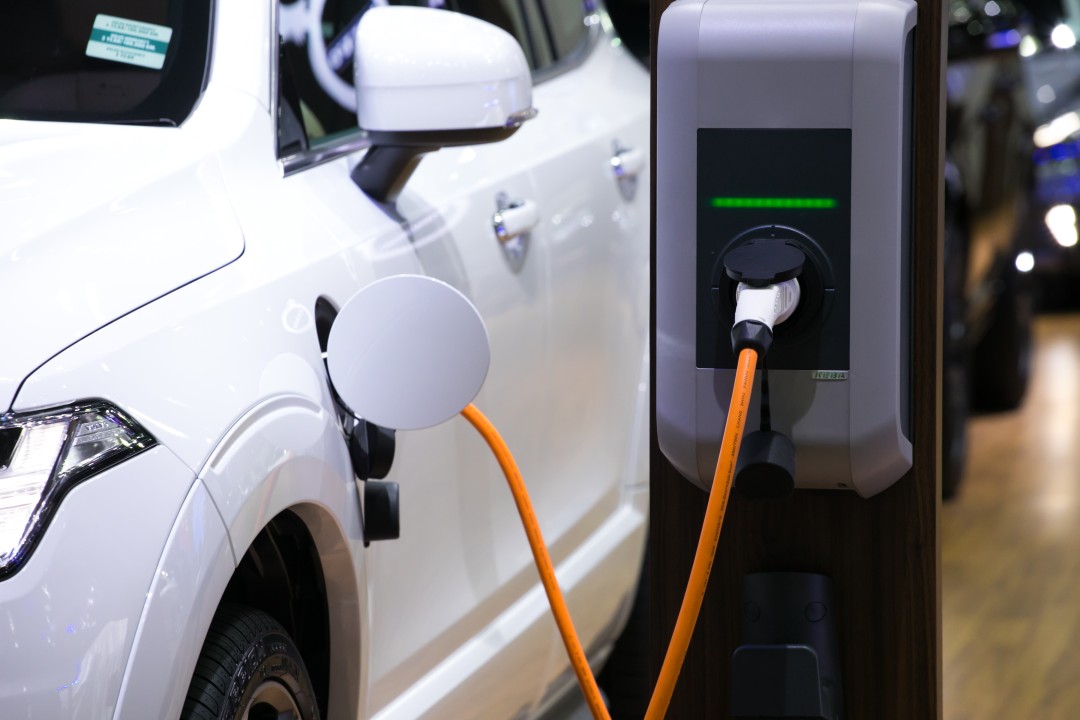The House of Lords in the UK has recently initiated an inquiry to examine the government’s proposals for decarbonizing cars and vans within the country. This comprehensive investigation aims to determine the feasibility of the government’s objective to cease the sale of fossil fuel vehicles by 2030.
The inquiry will delve into various aspects of this ambitious plan, scrutinizing its practicality and potential challenges. It will assess the viability of achieving such a significant shift in the automotive industry within the given timeframe.
A Potential Reality Check in the Making
The aim of this investigation is to delve into the second deadline of 2035, which mandates that all newly manufactured cars and vans must be completely zero emission at the tailpipe. This ambitious target effectively implies a ban on the sale of hybrid vehicles. Our objective is to thoroughly examine the feasibility and implications of this deadline.
First announced in November 2020, the government’s Ten Point Plan for a Green Industrial Revolution was met with both enthusiasm and skepticism. While some hailed its ambitious targets, many remained doubtful about their achievability.
One area of concern is the UK’s electric vehicle infrastructure, particularly the availability of sufficient working charge points nationwide. Critics question whether it will be robust enough to meet the demands of a growing electric vehicle market.
The House of Lords committee is keen on investigating whether the phase-out dates will stimulate a surge in electric car sales. Moreover, they aim to determine the necessary measures, both financially and practically, to ensure that the country can meet the impending target. This inquiry seeks to address the potential impact of the phase-out dates on the electric car market and identify any additional requirements to achieve the set objectives effectively.
Investigating the UKs EV Deadline and Its Viability
The Chair of the committee, Baroness Kate Parminter, cordially invites the public, particularly those who have experience using electric vehicles (EVs) in the UK, to contribute to the ongoing inquiry. “We want to hear from the public about their experience of acquiring and using EVs in the UK, and the barriers to doing so.” She also revealed:
“We also want to find out from industry, local authorities, and all others with an interest in decarbonizing transport, what the government needs to do to encourage greater take up of EVs ahead of their 2030 and 2035 targets.”
Individuals who hold strong opinions on the matter are encouraged to present their evidence and statements through a dedicated portal on the official website of the UK Parliament. Additionally, you can find suggestions for questions and topics to be deliberated upon at the same web address.
After 2030, it will still be permissible to drive petrol and diesel cars in Britain, as the ban only applies to the sale of new internal combustion engine (ICE) vehicles, not their usage. However, considering the average lifespan of petrol and diesel cars is approximately 11 years, depending on the model and maintenance, it is improbable that these vehicles will remain in circulation indefinitely.
Read More: BVI Delegation Visits UK Parliament To Build Strong Relations
Assessing the Viability and Challenges of the UKs 2030 EV Deadline
The submission deadline is set for 15th September 2023. Although the investigation may take some time to reach a conclusion, there is optimism that it could exert pressure on the UK government. This pressure could lead to two potential outcomes: an increase in infrastructure spending to meet the current cut-off dates, or a slight extension of these dates to facilitate a smoother transition.
For instance, the European Union shares the same goal of achieving zero-emission car sales by 2035. However, it does not mandate the registration of new fossil fuel cars beyond 2030. It is highly improbable that all cars will be electric by 2030; however, the transition towards electric vehicles will be well underway, with the number of electric cars expected to reach millions.
It is crucial to emphasize that prohibiting the sale of petrol and diesel cars does not imply an immediate disappearance of existing vehicles from the roads. The primary focus lies on restricting the sales of new petrol and diesel vehicles, allowing pre-owned or second-hand petrol and diesel cars to remain available in the market. Taking this into consideration, the enduring presence of internal combustion engine (ICE) cars implies that new petrol and diesel vehicles will be prohibited from UK roads.


